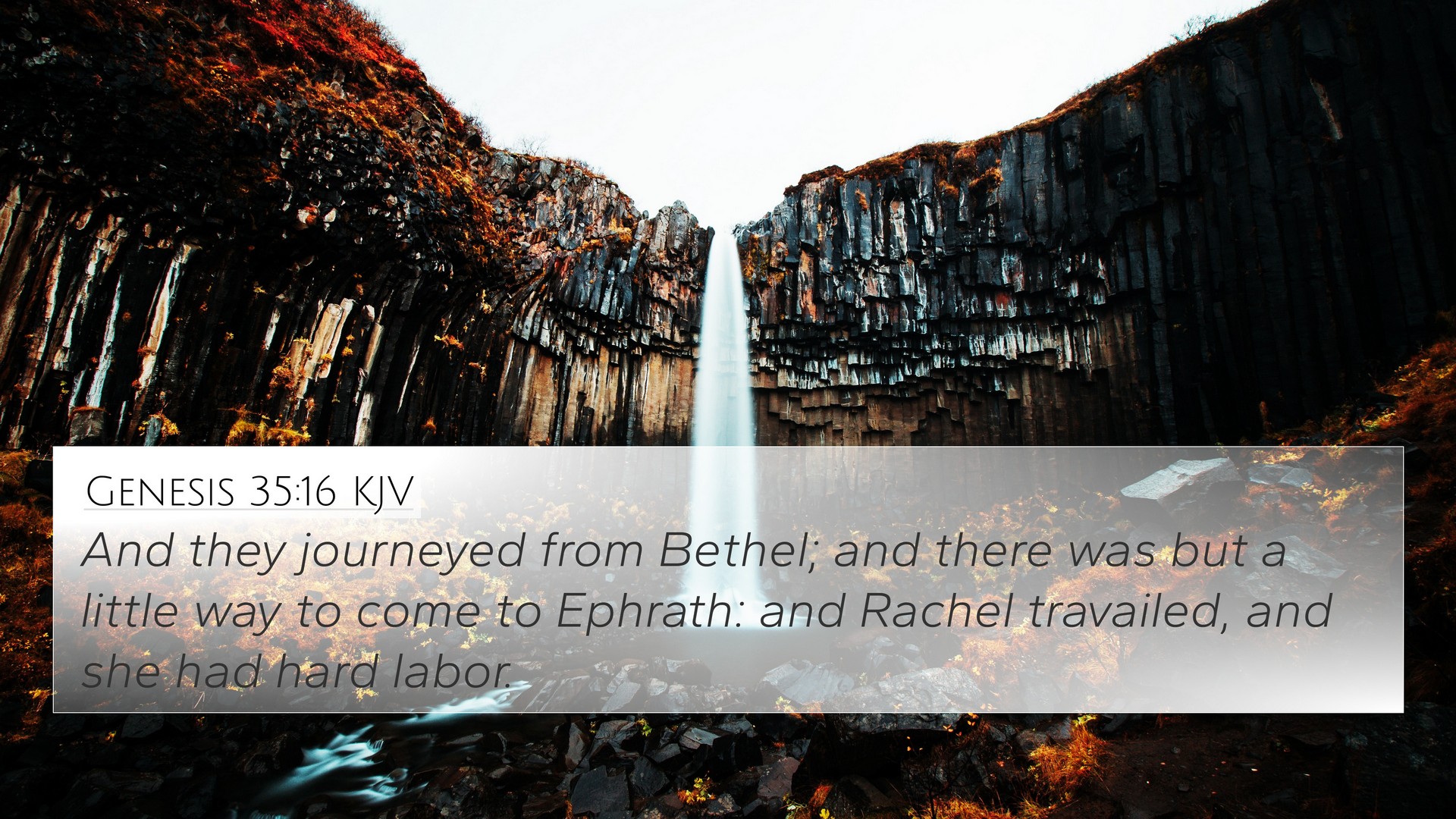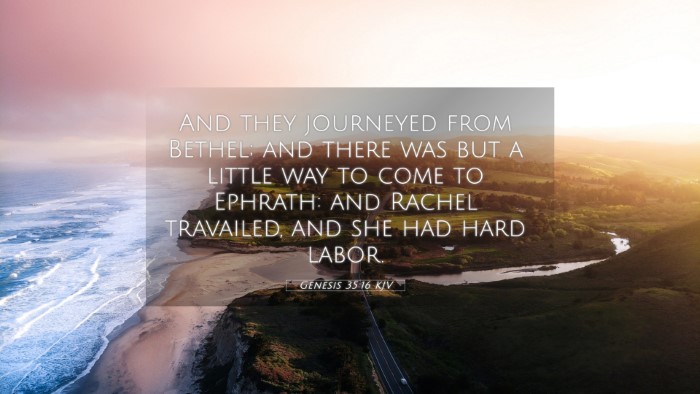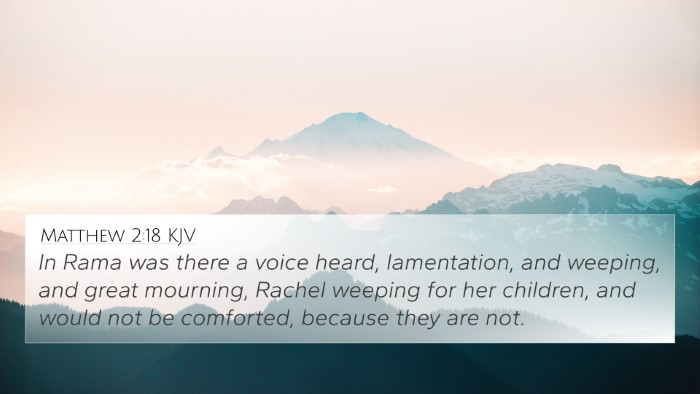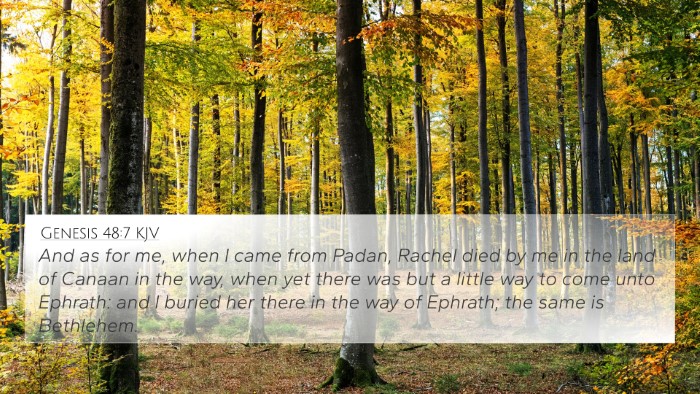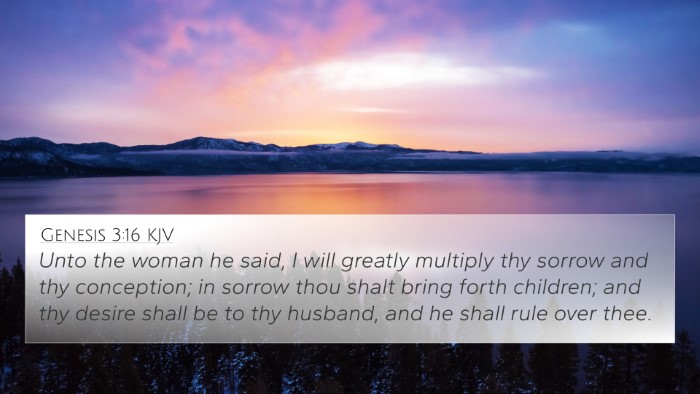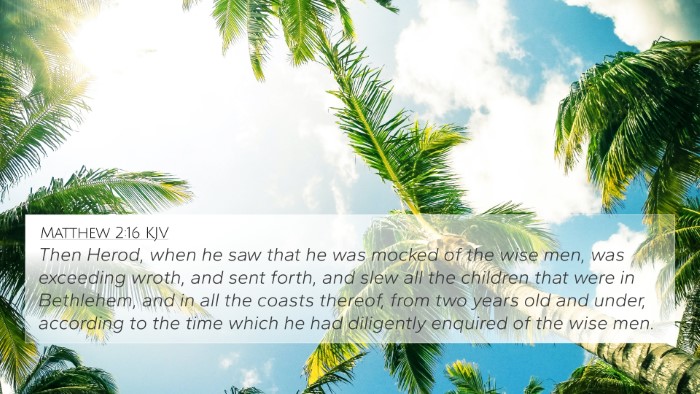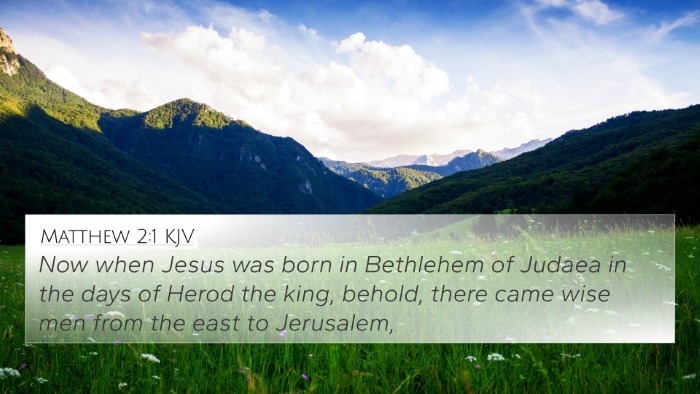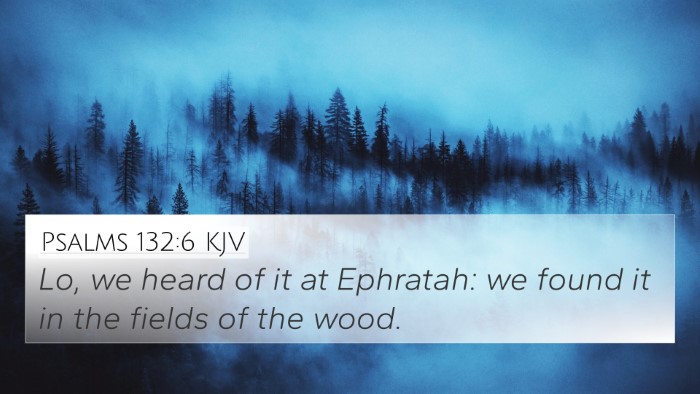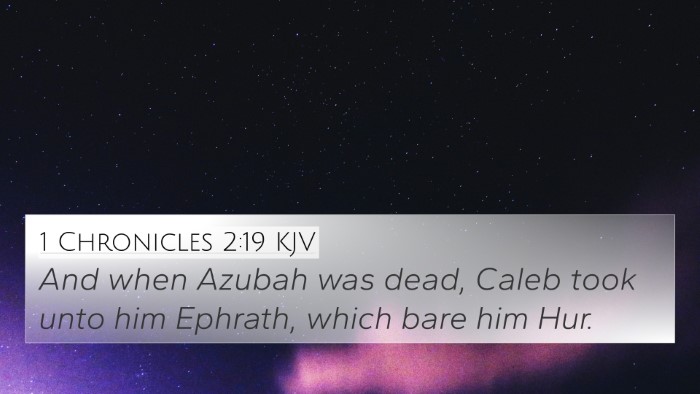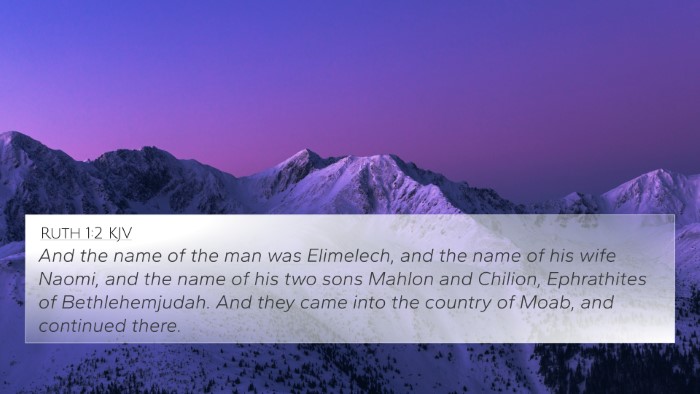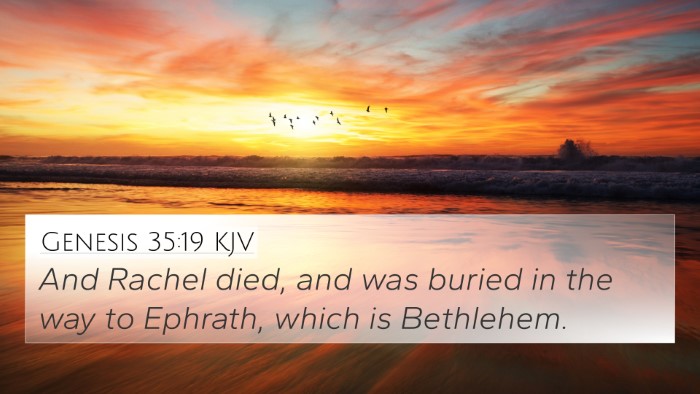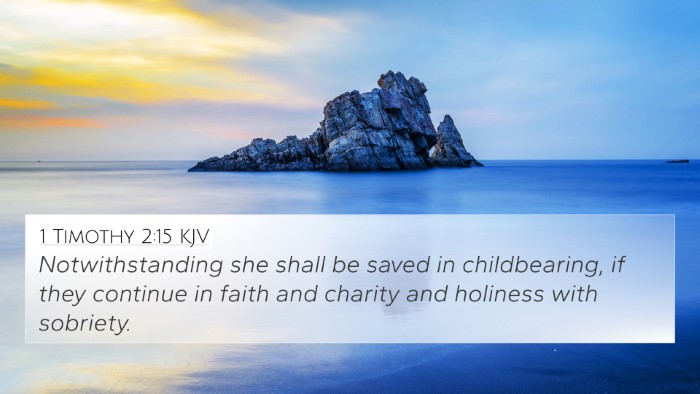Understanding Genesis 35:16
Genesis 35:16 states: "Then they journeyed from Bethel. And when there was but a little distance to go to Ephrath, Rachel labored in childbirth, and she had hard labor." This verse is part of a significant moment in the life of Jacob and his family, emphasizing the themes of travel, childbirth, and the challenges faced during significant life changes.
Context and Summary
The narrative takes place after Jacob has returned to Bethel, commanded by God to go to his homeland. Here, Rachel, Jacob's beloved wife, is giving birth while on the journey, highlighting the physical and emotional trials of life. This passage not only marks the birth of Rachel's second son, Benjamin, but also foreshadows her own death during childbirth, making this a poignant moment in the text.
Commentary Insights
Insights combined from public domain commentaries:
- Matthew Henry: Henry emphasizes the emotional weight of Rachel's childbirth and the challenges of chronicling the patriarch's family developments. He notes that the journey symbolizes both physical and spiritual progress.
- Albert Barnes: Barnes points out the significance of Ephrath (Bethlehem), linking it to the future importance of the place, particularly in the life of David and Jesus Christ. He notes Rachel's struggle during childbirth as a representation of the struggles women often face.
- Adam Clarke: Clarke interprets the hard labor that Rachel endures as a reflection on the nature of human suffering and divine providence, suggesting that the struggles of this life often precede great blessings.
Bible Verse Cross-References
This verse connects to several significant biblical passages:
- Genesis 30:1-2: Rachel's deep desire for children and her anguish over her barrenness sets the stage for the events that unfold.
- Genesis 35:19: The narrative concludes with Rachel's death and burial, highlighting the duality of life and death in the same event.
- Genesis 49:27: Jacob's blessings for his sons later reference the significance of Benjamin, illuminating the importance of this birth.
- Jeremiah 31:15: This verse is often associated with Rachel's lamentation, illustrating her mourning for her children.
- Matthew 2:16: The New Testament references Rachel's weeping, tying her story to the life of Christ.
- Luke 2:7: The connection to Bethlehem, where Jesus was born, further emphasizes the significance of Rachel's location in the biblical narrative.
- Exodus 1:15-19: The struggles of women in childbirth are echoed in the Israelites' enslavement in Egypt, reflecting ongoing themes of suffering and resilience.
- Isaiah 66:7-9: The metaphor of birth pains is used to discuss the future deliverance of God’s people, resonating with Rachel's experience.
- Revelation 12:2: The image of a woman in labor is also present in apocalyptic literature, drawing parallels with Rachel's plight.
- Hebrews 11:11: This verse refers to the faith of Sarah in giving birth, paralleling themes of faith amid human struggle.
Thematic Connections
This verse serves as a crucial link in the exploration of several biblical themes:
- Emotional Turmoil: The intensity of Rachel's childbirth is emblematic of the struggles women face, providing a parallel to the experiences of many biblical women.
- Divine Providence: The event signifies divine intervention in the struggle for family and identity, echoing throughout biblical history.
- Legacy and Memory: Rachel’s death and the subsequent birth of Benjamin influence Jacob's future, stressing the importance of lineage and legacy in biblical narratives.
- The Promise of Redemption: The connection between Rachel's sorrow and future hope in Christ’s narrative illustrates the overarching theme of redemption throughout the scriptures.
Further Study and Applications
For those interested in making connections between Bible verses, tools like a Bible concordance or a Bible cross-reference guide can aid in discovering these interrelations. Engaging in cross-reference Bible study enhances understanding by comparing themes and messages found in similar scripture passages.
Conclusion
In summary, Genesis 35:16 is a deeply rich text that interweaves themes of struggle, divine providence, and the emotional fabric of familial relationships. Understanding this verse not only relies on its immediate context but also on the many connections it has with other biblical texts, demonstrating the intricate tapestry of scripture. This enables a deeper appreciation for the stories of those who came before us and their relation to the unfolding narrative of God's people.
